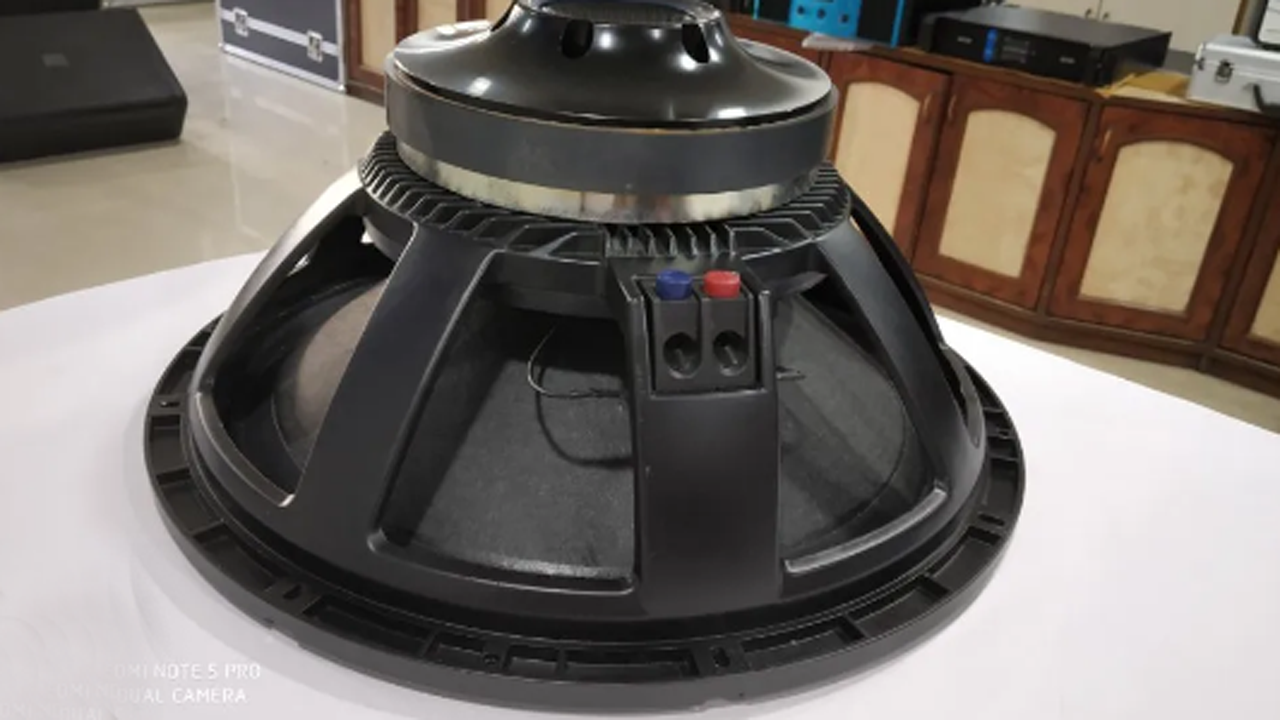A 1000 watt speaker does not use power, it consumes power. The power consumption of a speaker depends on several factors, including the efficiency of the speaker and the volume at which it is played.
As a rough estimate, a 1000 watt speaker might consume around 1000 watts of power when played at maximum volume. However, this is just a rough estimate and the actual power consumption could be significantly different depending on the specific speaker and the conditions under which it is used.
It’s important to note that the power rating of a speaker, such as 1000 watts, refers to the maximum power handling capability of the speaker and does not necessarily indicate the power consumption of the speaker. The power consumption of a speaker will depend on a variety of factors, including the efficiency of the speaker, the volume at which it is played, and the type of music or audio being played.
How many RMS is in 1000 watts speaker?
The RMS (root mean square) power rating of a speaker is a measure of the continuous power that a speaker can handle without being damaged. It is typically measured in watts and is a more accurate indicator of a speaker’s power handling capability than the peak power rating, which measures the maximum short-term power that a speaker can handle.
The RMS power rating of a 1000 watt speaker will depend on the specific speaker and its design. It is possible for a 1000 watt speaker to have an RMS power rating that is significantly lower or higher than 1000 watts. In general, the RMS power rating of a speaker will be lower than the peak power rating, but this can vary depending on the specific speaker.
To determine the RMS power rating of a speaker, you will need to refer to the manufacturer’s specifications or documentation for the speaker. This information should be available in the product manual or on the manufacturer’s website. It’s important to note that the RMS power rating is just one factor to consider when choosing a speaker and other factors, such as the speaker’s frequency response and overall sound quality, may also be important.
Do higher watt speakers sound better?
The wattage of a speaker is not necessarily an indicator of sound quality. A higher wattage speaker may be able to produce louder sound than a lower wattage speaker, but this does not necessarily mean that it will sound better. There are many other factors that can affect the sound quality of a speaker, including the design of the speaker, the materials used, the quality of the amplifier, and the characteristics of the audio signal being played.
In general, the sound quality of a speaker will depend on how well it is able to reproduce the audio signal being played. This can be influenced by factors such as the speaker’s frequency response, which determines how accurately it can reproduce different frequencies of sound, and the speaker’s distortion level, which determines how much the speaker’s output differs from the input signal.
Ultimately, the best way to determine the sound quality of a speaker is to listen to it and evaluate it based on your personal preferences and listening preferences. It’s a good idea to listen to a speaker before you make a purchase, either by visiting a store to listen to it in person or by reading reviews from other customers who have listened to the speaker.

